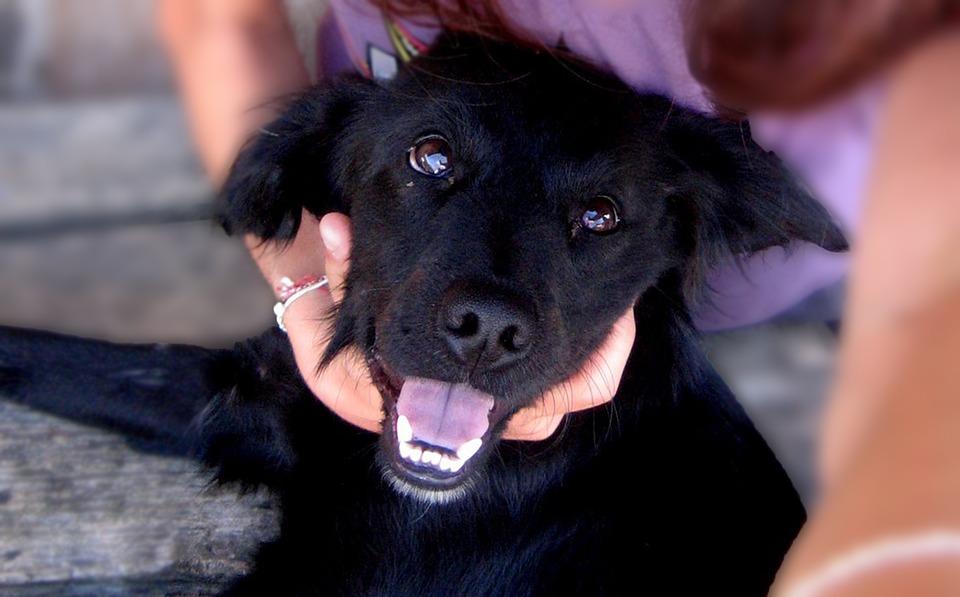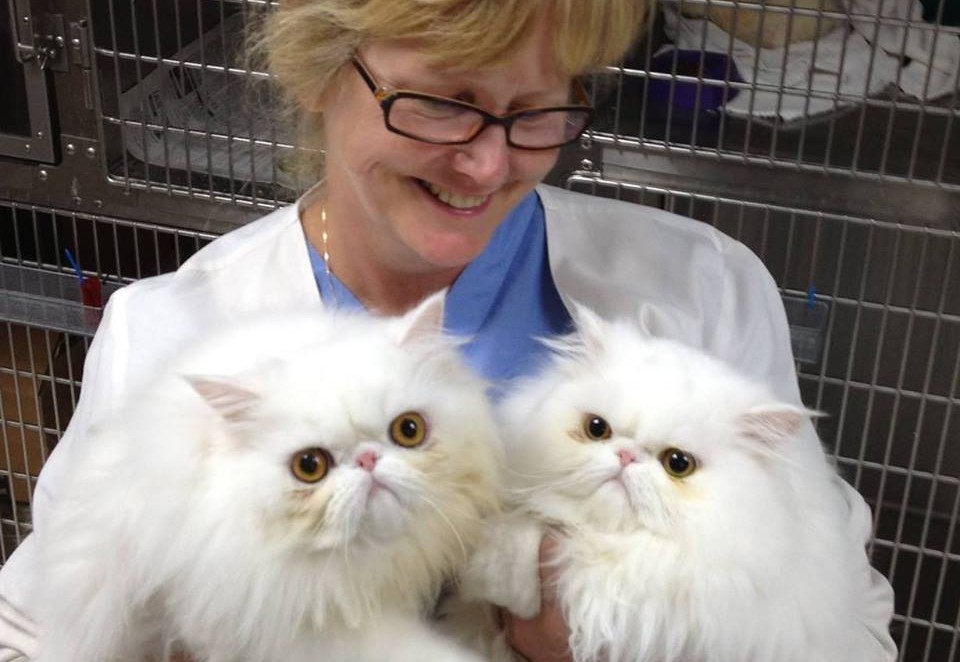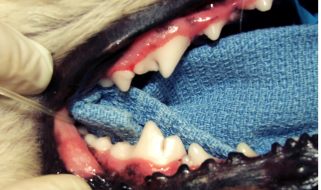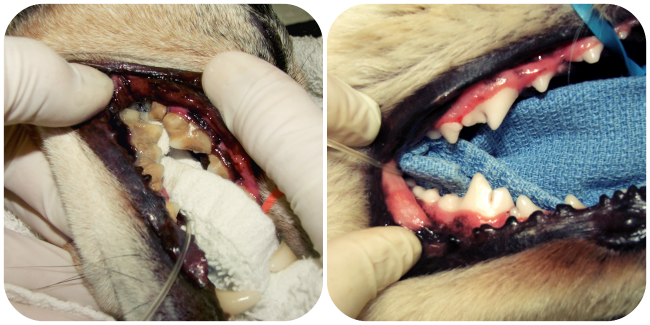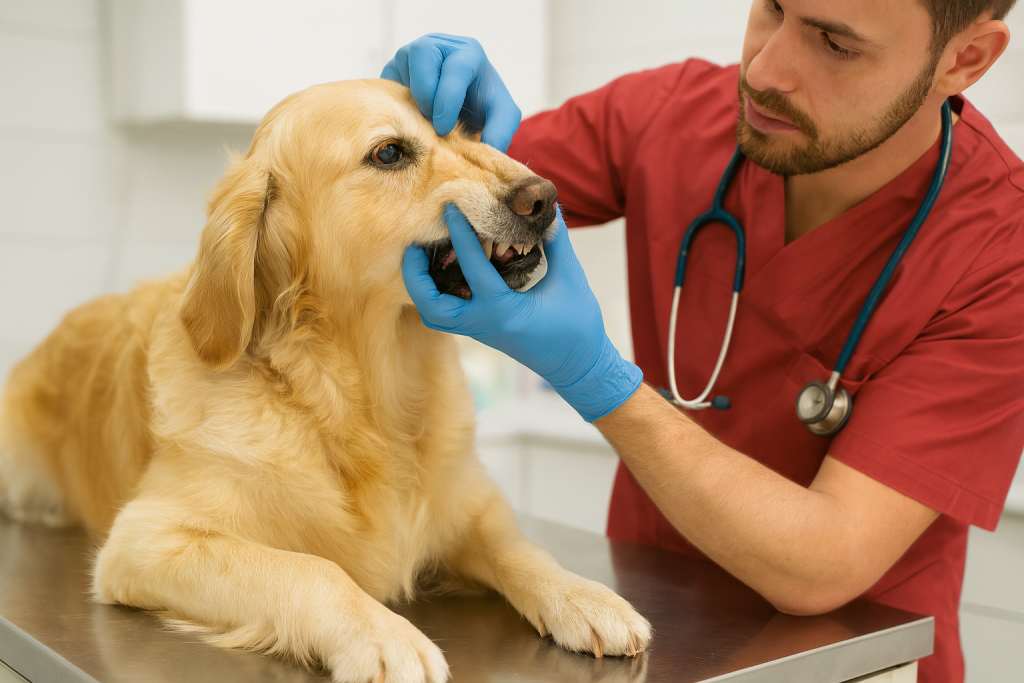
Maintaining good dental care for dogs is a vital part of responsible pet ownership. Just like humans, dogs are prone to plaque, tartar, and gum disease, which can lead to pain, infection, and even damage to other organs. Veterinary studies consistently show that oral health is closely linked to a dog’s overall wellness. When bacteria from the mouth spread through the bloodstream, they can affect the heart, kidneys, and liver, increasing the risk of serious illness.
Dental care should be a lifelong commitment that begins early and continues through every stage of a dog’s life.
How Dental Disease Develops in Dogs
Dental problems in dogs progress through several stages, often beginning unnoticed. After eating, bacteria in the mouth form a sticky layer of plaque on the teeth. If plaque is not brushed away, it hardens into tartar. This buildup irritates the gums, leading to gingivitis, the first stage of periodontal disease. For a detailed overview of how plaque forms and can be managed, see Oral Hygiene for Dogs.
As the condition advances, bacteria move beneath the gumline, destroying tissues and bone that support the teeth. Teeth may loosen, causing discomfort and difficulty eating. The pain often goes unrecognized because dogs instinctively hide weakness, but the damage continues silently.
The Connection Between Oral Health and Systemic Wellness
Healthy gums and teeth play an essential role in protecting a dog’s internal systems. When gum tissues are inflamed, bacteria can enter the bloodstream and circulate through the body. This process can contribute to heart inflammation and valve disease, as explained in National American Heart Month: How to Keep Your Pet’s Heart Healthy. Chronic oral infection can also cause strain on the kidneys and liver, further emphasizing why dog oral health should never be ignored.
By prioritizing oral care, pet owners reduce the likelihood of these systemic problems and help their dogs maintain energy, appetite, and comfort.
Recognizing the Warning Signs of Dental Trouble
Early detection is key to preventing advanced periodontal disease. Pet owners should watch for:
- Persistent bad breath
- Red or swollen gums
- Yellow or brown tartar buildup
- Dropping food or chewing on one side
- Pawing at the mouth or excessive drooling
- Bleeding when chewing toys
- Reluctance to eat dry food
Any of these symptoms warrant a prompt veterinary examination.
Home Care for a Healthier Mouth
Daily home care plays an important role in effective dental care for dogs. The most reliable method is regular brushing with a soft toothbrush and veterinary-formulated toothpaste. Never use human toothpaste, as it can be toxic to pets.
Dental chews and specialized diets can help reduce plaque accumulation. Look for products approved by the Veterinary Oral Health Council (VOHC). For detailed tips on selecting safe dental chews and brushing routines, visit Dental Health Month: Tips for Keeping Your Dog’s Teeth Clean.
Water additives or oral rinses can also support dog oral health, though they should complement brushing rather than replace it. Owners should also check their dog’s mouth weekly for signs of redness, odor, or buildup to catch issues early.
The Role of Professional Veterinary Dental Care for Dogs
Even with consistent home care, professional evaluations remain essential. A professional dental cleaning performed by a veterinarian includes:
- A full oral and radiographic examination under anesthesia
- Scaling and polishing above and below the gumline
- Extractions of damaged or infected teeth if needed
These cleanings remove hardened tartar that brushing cannot reach and allow for a complete assessment of oral health. Most dogs benefit from annual cleanings, while smaller breeds or those with prior dental disease may require more frequent visits.
Dogs at Higher Risk for Dental Disease
Certain dogs are more susceptible to oral issues. Small breeds such as Chihuahuas, Toy Poodles, and Yorkies often have crowded teeth that trap food and bacteria. Brachycephalic breeds like Bulldogs and Pugs also face increased risk due to their jaw structure. Older dogs naturally experience more wear and tear, making them more vulnerable to gum recession and infection.
Regular dental evaluations tailored to a dog’s risk factors can prevent painful and costly complications later in life.
Long-Term Benefits of Healthy Oral Habits
Consistent dental care for dogs offers clear, measurable benefits. Clean teeth reduce pain and infection, improve chewing comfort, and enhance overall quality of life. Healthy gums lower the risk of systemic disease and may even extend longevity. For more insights on the benefits of preventive care, see Regular Wellness Exams for Dogs and Cats.
Investing in preventive dental care for dogs is one of the most effective ways to ensure lasting wellness and happiness for every canine companion.






